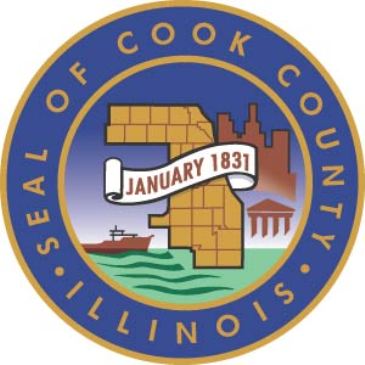County Morgue Scandal Update: Lawsuit Filed; Preckwinkle Has Had Investigator Who Visited Morgue For Over A Year
By Chuck Sudo in News on Feb 6, 2012 11:15PM
 Here are a couple of updates to the growing scandal of overcrowding at the Cook County Morgue.
Here are a couple of updates to the growing scandal of overcrowding at the Cook County Morgue.
- The family of a woman whose body was among those stacked in the morgue has filed a lawsuit over how her body was handled. Carmelita Johnson went missing in January 2010. Her body washed ashore on a beach on the Southeast side three months later, but her body stayed at the morgue for so long, and decomposed so badly, that DNA samples couldn't be used to identify her. (Johnson was later identified using dental records.)
Johnson's daughter claims her mother's body stayed in the morgue for over 14 months without anyone contacting the family that she was there.
"It's devastating," said Leslie Jackson, Carmelita Johnson's daughter. "A lot of things could have been prevented. We don't know the cause of death, but if the M.E.'s office had done their jobs, we could've had some type of closure."
Johnson's family is also calling for Cook County Medical Examiner Dr. Nancy Jones to step down.
- County Board President Toni Preckwinkle has been fast to deploy staff to the medical examiner's office to investigate the morgue overcrowding, but the Sun-Times reports in today's paper that she's had an investigator under her direct authority for over a year who visited the morgue and other county buildings. But Carmine Ruffolo was specifically tasked with keeping tabs on the time cards and movements of morgue and other county employees. Preckwinkle spokeswoman Liane Jackson said in a recent interview, in response to questions if Ruffolo knew of what was happening in the morgue, "He doesn't check the cooler."
The Sun-Times cited sources as saying that Ruffolo has visited the morgue weekly at all hours of the day, and has had full and free access to the entire building. Preckwinkle said she didn't know Ruffolo by name, but that she understood his duties were to inspect “time and attendance” at the morgue. When asked if she knew if Ruffolo knew of the overcrowding issues at the morgue, she answered no, no did she expect ruffolo to know about them, since his duties were limited in scope.
What Ruffolo was investigating was “a different level of inquiry then what we’re doing now,” she said.